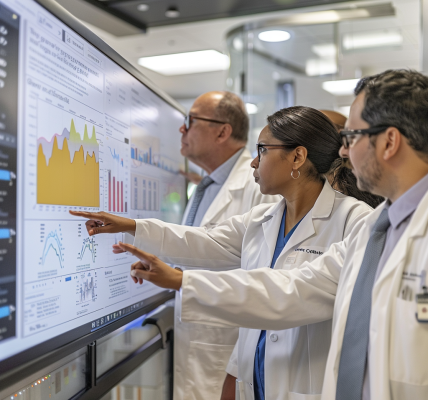New Research Highlights the Benefits of Fish-Enhanced Vegetarian Diets for Seniors
Recent findings from a comprehensive study conducted by researchers at Loma Linda University Health have brought to light the significant health benefits associated with vegetarian diets, particularly for elderly individuals. The research suggests that a pesco-vegetarian diet, which includes fish, may provide the most substantial protective effects against mortality compared to other dietary patterns.
The study’s results indicate that vegetarian diets are linked to a reduced risk of all-cause mortality and various cause-specific mortalities. This is especially true for males and middle-aged adults, who appear to experience the most notable benefits. However, the research also revealed that strict vegetarian diets might not offer the same level of protection against neurological diseases for the elderly, raising important questions about dietary choices as people age.
Understanding the Pesco-Vegetarian Advantage
According to the data, pesco-vegetarians—those who include fish in their vegetarian diet—exhibit an 18% lower risk of death compared to their non-vegetarian counterparts. In contrast, vegans showed a smaller reduction in mortality risk, with male participants benefiting more significantly than females. This suggests that incorporating fish into a vegetarian diet may enhance its protective qualities, particularly for older adults who are at a higher risk for various health conditions.
Despite the advantages of a pesco-vegetarian diet, the study also highlighted potential concerns for elderly vegetarians. Researchers noted a slight increase in the risk of neurological conditions such as stroke, dementia, and Parkinson’s disease among those adhering to a strict vegetarian diet in their 80s. Gary Fraser, MBCHB, PhD, a distinguished professor at Loma Linda University School of Public Health and the principal investigator of the study, emphasized the need to understand these risks better.
Neurological Health in the Elderly
Fraser pointed out that while vegetarian diets generally provide protective benefits against mortality through middle age, this advantage may diminish for those who follow a strict vegetarian diet as they enter their 80s. He stated, “These increased risks of neurological conditions among vegetarians in their 80s weren’t huge, but something is going on there that we shouldn’t ignore if we wish the vegetarian advantage to continue for all vegetarians in their later years.” This observation underscores the importance of considering dietary adjustments as individuals age.
Study Methodology and Scope
The findings were published in the American Journal of Clinical Nutrition on August 2. The study utilized data from the Adventist Health Study-2, a large cohort comprising nearly 96,000 individuals who identify as Seventh-day Adventists in the U.S. and Canada. The baseline recruitment for this extensive study occurred between 2002 and 2007, with follow-up data collected through 2015.
Researchers analyzed dietary data from over 88,000 participants, which included approximately 12,500 recorded deaths within the cohort. This data was gathered through questionnaires that categorized participants into five dietary patterns: non-vegetarian, semi-vegetarian, pesco-vegetarian, lacto-vegetarian, and vegan.
Implications for Dietary Choices
The results of this study have significant implications for dietary recommendations, especially for older adults. The findings support the idea that a pesco-vegetarian diet may offer enhanced health benefits, particularly in reducing mortality risk. As the population ages, understanding the nuances of dietary impacts on health becomes increasingly critical.
Health professionals and nutritionists may want to consider these findings when advising elderly patients on dietary choices. While vegetarian diets are generally associated with numerous health benefits, the inclusion of fish could provide an additional layer of protection against mortality and certain health conditions.
As research continues to evolve, it will be essential to monitor the long-term effects of various dietary patterns on health outcomes, particularly in aging populations. By prioritizing diets that incorporate a variety of food sources, including fish, older adults may enhance their quality of life and longevity.
In summary, the study conducted by Loma Linda University Health emphasizes the importance of dietary choices in promoting health and longevity, particularly for elderly individuals. The pesco-vegetarian diet emerges as a compelling option that could help mitigate risks associated with aging, while strict vegetarian diets may require further examination to ensure optimal health outcomes.





